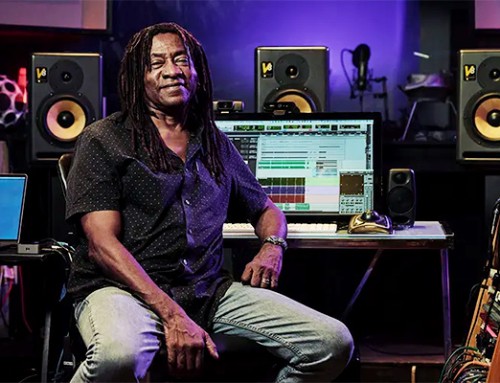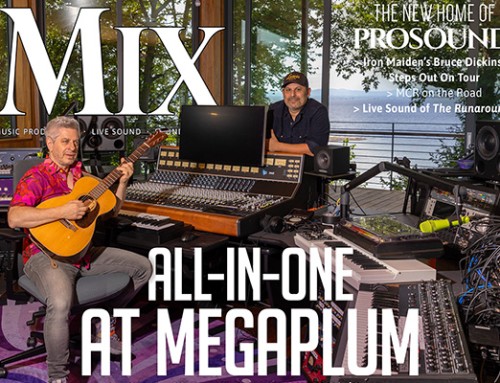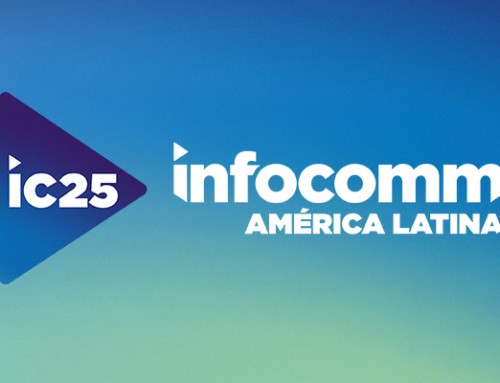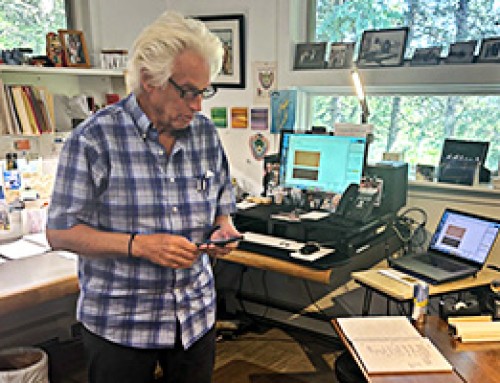Audible now offers audio versions of 225,000 books and other programming, including recorded versions of best-sellers like Kathryn Stockett’s “The Help” and John Green’s “The Fault in Our Stars.” Founded in Montclair in 1995 by the former journalist and author Donald Katz, Audible has been making itself heard at ever-increasing volume since moving to Newark from Wayne in 2007. It even has its own production arm, Audible Studios, which was responsible for Samuel L. Jackson’s popular narration of Adam Mansbach’s bedtime-story parody “Go the F**k to Sleep.”
Audible Studios is also developing original material, much of it in the form of radio-style dramas, like “Locke & Key,” a dramatic adaptation of Joe Hill’s graphic novel series about a mysterious New England mansion. The production, to be released this fall, features 30 actors as well as cameos by Mr. Hill and Stephen King; portions were recorded in an old mansion in Maine.
Other original projects have a more literary bent: In “Classic Love Poems,” released earlier this year, British actor Richard Armitage reads the romantic words of Shakespeare, Elizabeth Barrett Browning and others.
Narrators like Mr. Davis, who has done voice-over work for television networks including PBS and the National Geographic Channel, regularly work in one of Audible’s six on-site recording studios. About a fifth of the company’s 100 or so voiceover artists who regularly record in Newark are professional actors who live in New Jersey, and many have Broadway credits. Other well-known names, like Colin Firth, Nicole Kidman, Dustin Hoffman, and Kate Winslet, provide recordings at off-site studios.
But the chance to work at corporate headquarters, a high-rise in the heart of urban Newark, alongside Mr. Katz, the C.E.O., has become a draw for some employees, including Victor Bevine of Newark, who narrates in a range of literary genres four days a week.
“I tell my friends I imagine it’s what working at Google is like,” said Mr. Bevine, a classically trained actor who has written a screenplay and a novel. Perks include themed happy hours in the company cafe each Friday, hackathons, a chicken-wing-eating club that meets monthly at a local Irish bar and tuition reimbursement.
“It’s pretty awesome,” Mr. Bevine said.
Mr. Katz sold Audible to Amazon for $300 million in 2008. But he stays close to the offices because this is what he thinks the city, which he helped fill with audio engineers, customer service reps and voice actors, deserves.
“You can’t be someone like me, who took urban studies back in college, without realizing that if you let your city slide, then those wellsprings of culture and innovation and the economic engines that drive the rest of the country will be in trouble,” he said recently from the Stephen Crane conference room, one of 60 spaces at Audible named for past and current Newark notables (the Gloria Gaynor room is outfitted with a disco ball).
Audible is already the fastest-growing private employer in Newark, according to the city’s Department of Economic and Housing Development, swelling from 125 employees when it first moved to Newark, New Jersey’s largest city, eight years ago to more than 700 now. “When we came here we decided we would work and serve and play in Newark,” Mr. Katz said.
The serving part of the Newark mandate includes a Reading Pals program, which pairs employees with struggling middle-school readers at North Star Academy Charter School and BRICK Peshine Academy, a public school in Newark’s South Ward. An internship program brings inner-city high school students in for paid work. Later, they have the chance to become Audible Scholars, receiving subsidies and further internships once they enter college.

The goal is to offer them permanent employment after graduation.
“These kids are smart and cool and a fantastic energy source,” Mr. Katz said. “If we don’t have a way to offer them cool jobs, then they’re going to leave Newark. We don’t want to lose our human capital.”
Mr. Katz’s foray into the audiobook business arose partially out of what he called “thoughtfulness” for readers. “Books require time, and you can’t give people time,” he said. “They have to drive to work, and they want to exercise, and they also want to have profound literary and learning experiences.”
He said that although “you can create all the content you want,” if it can’t be consumed in a way that also allows for getting to work on time or going for a jog, chances are it will not have wide appeal.
Though he encourages the passage from reading to listening, Mr. Katz has never felt like a traitor to the written word. He is an author himself. His mentor was the novelist Ralph Ellison, who taught him at New York University in the early 1970s. Mr. Ellison actually showed him the value of oral and vernacular traditions in writing, Mr. Katz said.
“Because of him, I loved the sound of literature,” Mr. Katz said. “I would fill up belly packs of rented tapes and jog my six miles listening to them.”
With Audible, Mr. Katz is making the “sound of literature” more accessible, which is clearly something he cares about. “Audiobooks are a long-arc experience that can be very meaningful,” he said.









